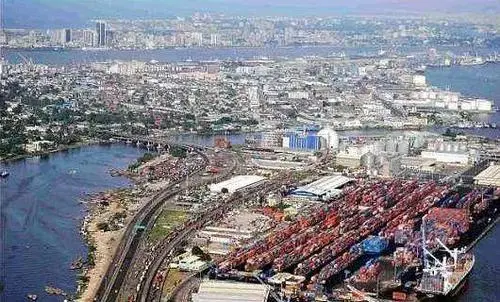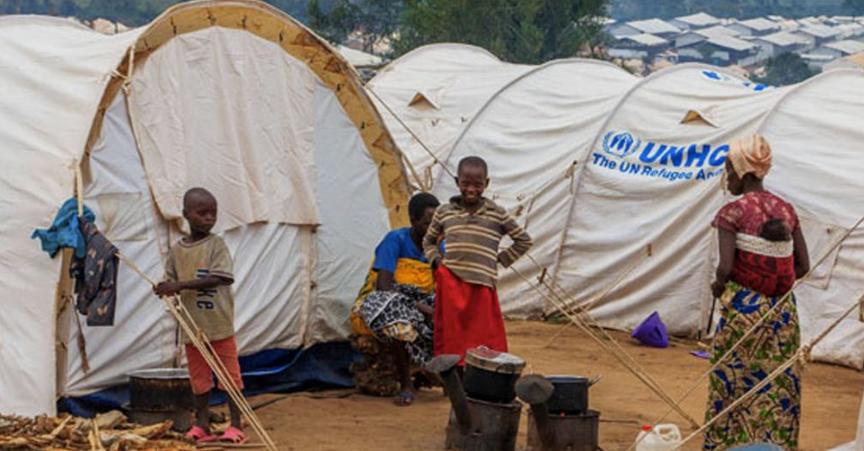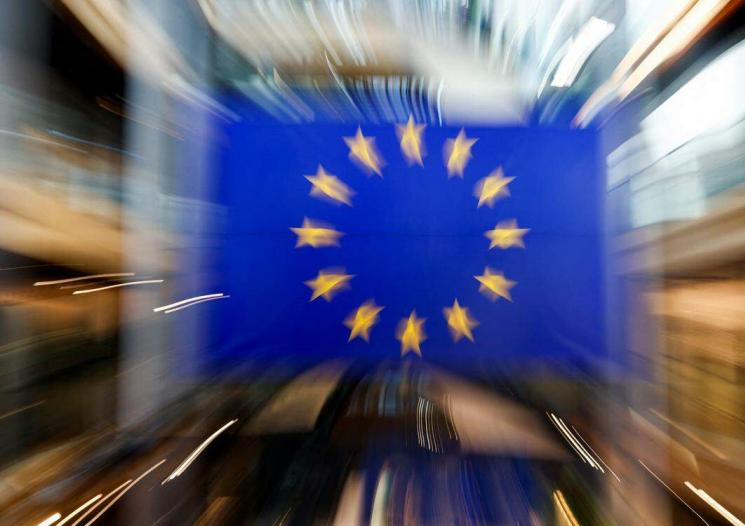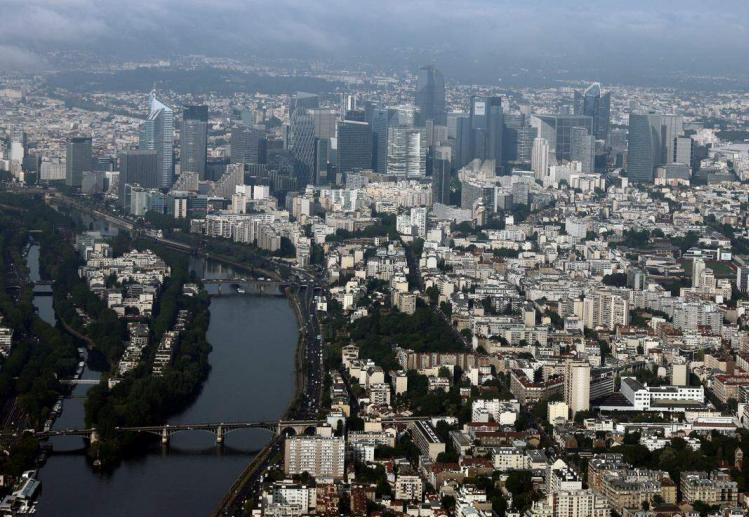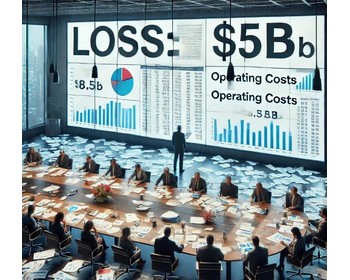Nigeria's economy is currently facing multiple difficulties, including its oil resources, agricultural base, industrial development level, and the government's economic reform measures, which are intertwined and pose serious challenges to Nigeria's economic development and social stability. Since taking office in May 2023, Nigerian President Bora Tinubu has introduced a series of economic reforms, including the elimination of oil subsidies and the unification of the multiple exchange rate of the naira, but the implementation of these reforms has led to social instability in Nigeria in the short term, soaring inflation rates and rising living costs.
Let's start with the current state of the Nigerian economy. Nigeria is rich in oil resources, and oil export revenue accounts for one-third of its GDP. However, despite its abundant oil resources, Nigeria's oil industry has not brought the economic benefits it should have. On the one hand, most of the oil profits are controlled by Western capital, and Nigeria itself receives only a small portion of the profits. On the other hand, Nigeria lacks oil processing and refining capacity and must export crude oil for processing abroad and purchase refined oil products, which makes its economy more dependent on the external environment. Agriculture is one of the important pillars of the Nigerian economy and most Nigerians are engaged in agriculture-related jobs. However, Nigeria is relatively backward in the development of industrialization, and the development level of processing industry is limited, which limits the diversified development of its economy to a certain extent.
So why is Nigeria's economy struggling so much?
First of all, Nigeria's oil industry, as its main economic pillar, has been affected by fluctuations in international oil prices and declining production in recent years, resulting in a decrease in foreign exchange earnings, which has directly affected Nigeria's fiscal position, making it difficult for the government to effectively invest in infrastructure construction and public services, thus exacerbating economic woes.
Second, Nigeria's infrastructure is lagging behind and unable to meet the needs of its rapid development. Problems such as inadequate power supply and poor transportation facilities have constrained Nigeria's industrialization and agricultural modernization, further limiting its economic growth potential.
Third, Nigeria's education system is also facing serious challenges. Problems such as high school dropout rates, crumbling infrastructure and a shortage of qualified teachers have led to a low quality of education, making it difficult to train high-quality personnel to meet the needs of economic development. This not only affects the competitiveness of Nigeria's labor market, but also restricts its capacity for industrial upgrading and innovation.
In addition, Nigeria's health care system is in trouble. The overall health infrastructure is poor and medical equipment and consumables are mainly imported, which makes health services costly and difficult to achieve. At the same time, due to the increasing demand for healthcare brought about by economic growth and demographic dividend, Nigeria's healthcare market, although it has great potential, is also facing great challenges.
Finally, Nigeria is also faced with a large gap between the rich and the poor and a high unemployment rate. These problems not only exacerbate social inequality and instability, but also restrict the comprehensive and balanced development of the Nigerian economy.
In general, rich oil resources and agricultural base have provided favorable conditions for Nigeria's economic development, but the dependence of the oil industry and the insufficient level of industrialization have also limited its economic development. The Nigerian government should pay attention to social equity and the improvement of people's livelihood, and take effective measures to ensure that economic reforms benefit the general public and maintain domestic social stability.

